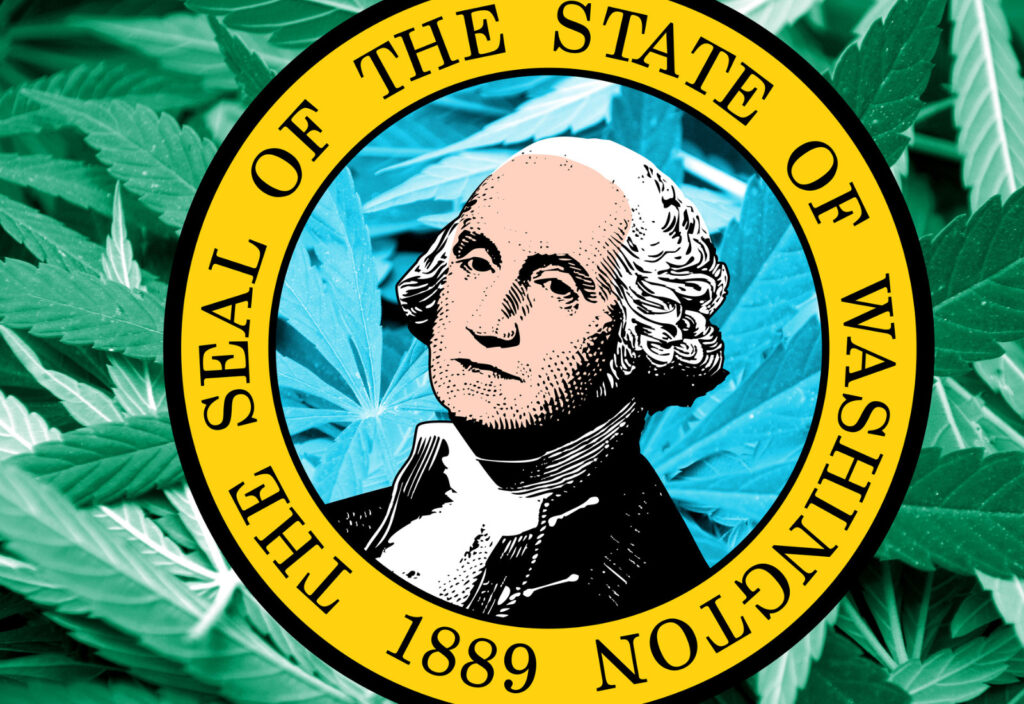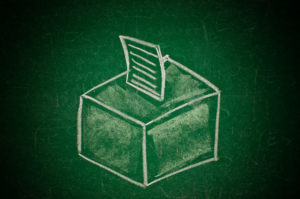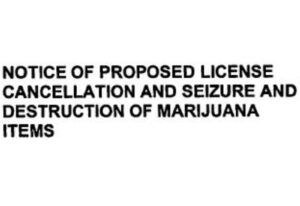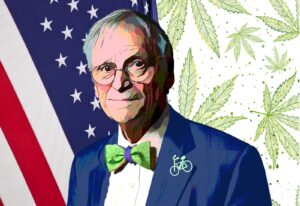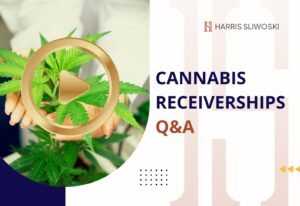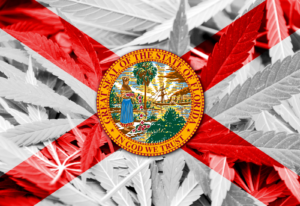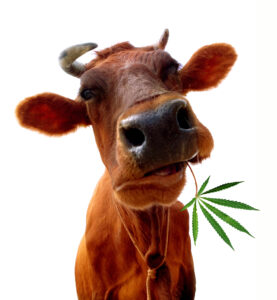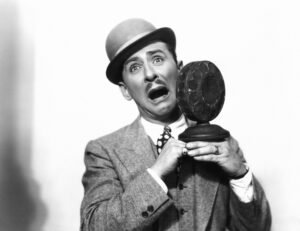The Washington State Liquor and Cannabis Board (WSLCB) released a rules guide on July 14, “outlining regulations of products containing THC”. The guide is titled “Discontinued Sales of Products Containing THC by Businesses that Do Not Hold a Cannabis License” and it relates to recently enacted SB 5367, which we’ve been following closely.
As we explained here, SB 5367 redefined “cannabis product” to include products with any detectable amount of THC. This is a significant departure from the status quo that allowed ordinary retailers without a WSLCB licensed cannabis retail license (e.g. convenience stores, online sellers) to sell products that contained 0.3% or less THC. A large number of these products — mostly hemp-derived CBD products — are currently on shelves in stores without cannabis licenses all over the state.
SB 5367 is effective July 23 and there were serious open questions from the bill that needed to be answered. Some of them now have been…kind of.
Licensure required to “manufacture, sell, and distribute” products with THC content, or else
We already had confirmation from the WSLCB that products containing 0.3% or less THC are now going to be considered cannabis products and only available for sale by licensed cannabis businesses. The rules guide confirms this, and states that selling these products without a license is subject to criminal sanctions.
The rules guide is silent about when the WSLCB is going to be enforcing this new law—the effective date of July 23 or after the rulemaking is complete early next year. It is ridiculous that the WSLCB did not include a statement in the guide answering that question. What are businesses supposed to think? Is the WSLCB going to go around arresting or citing store owners writ large on the 23rd who still have these CBD products on their shelves? I work hard to avoid alarmist interpretations of new regulations, but the WSLCB is putting businesses in a position of having no choice but to plan for and expect the worst.
The rules guide goes on to state that “Only those with a valid cannabis license issued by the Liquor and Cannabis Board may manufacture, sell, or distribute … cannabis-infused products.”. The rules guide also provides that “cannabis-infused products include any product with any detectable amount of THC intended to be: consumed, absorbed inside the body by any means including: inhalation, ingestion, insertion.” There you have it: all products (except CHABA’s, see below) with any THC content (yes, including federally legal THC content under the Farm Bill) are cannabis infused products under Washington law. That means businesses that are manufacturing, selling, or distributing them must have a WSLCB cannabis license.
Cannabis Health and Beauty Aid (CHABA) products are exempt from SB 5367. These are topical products not meant for human consumption like CBD gummies, joints, tinctures, etc., and FDA has taken the position that these products may be kosher. The guide also makes clear that FDA approved products like hemp seed, hemp seed oil, etc. are exempt.
Uncertain times ahead for Washington hemp and CBD product sales
The WSLCB’s interpretation of SB 5267 is a massive regulatory shift for the Washington cannabis and CBD industries. Retail businesses without cannabis licensure should insist that the WSLCB provide clarity on an effective date for enforcement and whether there will be a grace period for violations. Whether that date is next week or next year, this is a good time to revisit contracts and consider issues like contract termination, breach, and defenses.
CBD producers will likewise be in a bind if they are currently producing products with federally legal amounts of THC. My guess is there will be a good deal of M&A and other business transactions between cannabis businesses and CBD businesses. The practicality and expense of making an operation compliant with this law — as compared to selling or partnering with licensed operators — will appeal to some. This guidance is a worst-case scenario for many businesses in the Washington CBD space and from what I’m hearing has caught many by surprise.
We’ll continue to monitor developments related to SB 5267 and Washington’s regulation of products that contain THC.
Need Help With Washington Cannabis Law?










